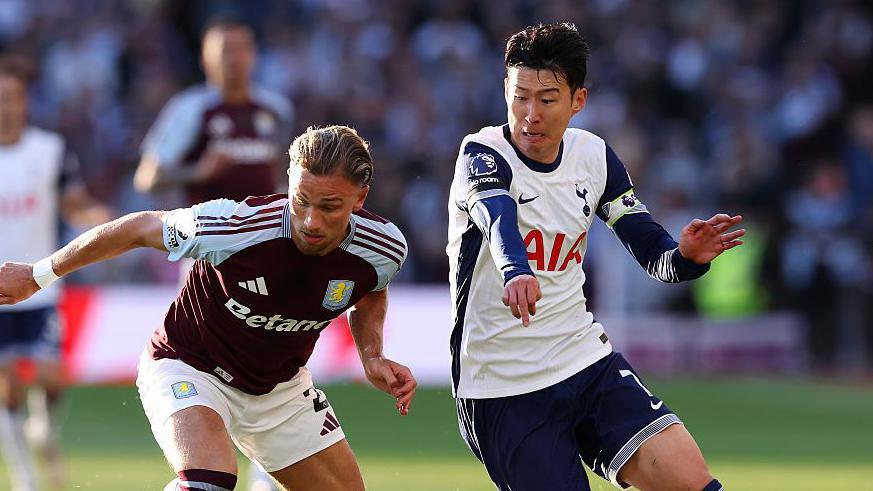Man Utd's Road to the Europa League Final: Form, Challenges, and European Qualification
Manchester United’s (man utd) season has taken an unexpected twist. Despite a difficult domestic campaign, the Red Devils now stand on the verge of European glory. With the Europa League final looming, fans and analysts are debating whether Man Utd can turn their European form into silverware and secure Champions League football for next year. This article explores Man Utd’s journey, current challenges, and what’s at stake in Bilbao.

A Season of Struggles and European Hope
This year, both Man Utd and Tottenham have struggled in the Premier League. Manchester United suffered 18 league defeats, their worst record since the early 1970s. However, their European campaign has been a different story. The team reached the Europa League final after remaining unbeaten in their last five European matches. Facing Tottenham in the final, the pressure is on for Man Utd to perform when it counts most.
To read a full breakdown of both teams' form and preparations, the BBC Sport analysis offers an excellent deep dive into Man Utd’s domestic challenges, their injury woes, and how both sides are approaching the game.
Injury Woes and Tactical Decisions
Injuries have played a significant role for Man Utd this term. As reported, United have lost over 1,200 days to injuries—the fifth-highest in the league. Key players have missed vital matches, disrupting the squad’s momentum. Yet, manager Ruben Amorim has consistently chosen to field strong line-ups, believing competitive sharpness outweighs the risk of fatigue ahead of the final.
United’s struggles in attack have drawn criticism. Star striker Rasmus Hojlund has found goals hard to come by, while creative playmakers have battled to find consistency. Despite this, the blend of experienced leadership and hungry young talent gives Man Utd supporters hope that the club can rise to the occasion.
For a direct look at how these injury setbacks have affected both Europa League finalists, see the BBC’s coverage, which provides key stats and manager insights.
The Stakes: Champions League Place on the Line
The Europa League final isn’t just about silverware. For Man Utd and Tottenham, victory means a place in next season’s UEFA Champions League. Neither club is likely to finish in a league position that would otherwise secure European qualification. This raises the stakes dramatically.
A helpful breakdown of exactly how European qualification works this year—given titleholders, cup winners, and league allocations—can be found at ESPN’s detailed guide. The article explains that with Man Utd or Spurs set to win the Europa League, the Premier League will send six teams to the Champions League next season, a rare occurrence caused by UEFA’s new performance spot (EPS) system.
The Road Ahead: Experience Versus History-Making Opportunity
United have a tradition of success on European nights, having already won the Europa League in the last decade alongside multiple continental titles. Their fans believe that big-game experience, combined with the pressure of one decisive match, could tip the balance. While Tottenham have had the edge in domestic meetings this season, the unique environment of a European final could play to Man Utd’s strengths.
Conclusion
The Europa League final represents a turning point for Man Utd. Success in Bilbao would salvage a challenging season, earn a place among Europe’s elite, and offer fans a night to remember. As anticipation builds, all eyes will be on whether Man Utd can harness their European momentum and make history once again. For further reading on both the tactical and strategic implications of this match, refer to the BBC and ESPN analysis linked above.
Whatever the outcome, one thing is certain: the destiny of man utd this season will be defined in Europe, not at home.